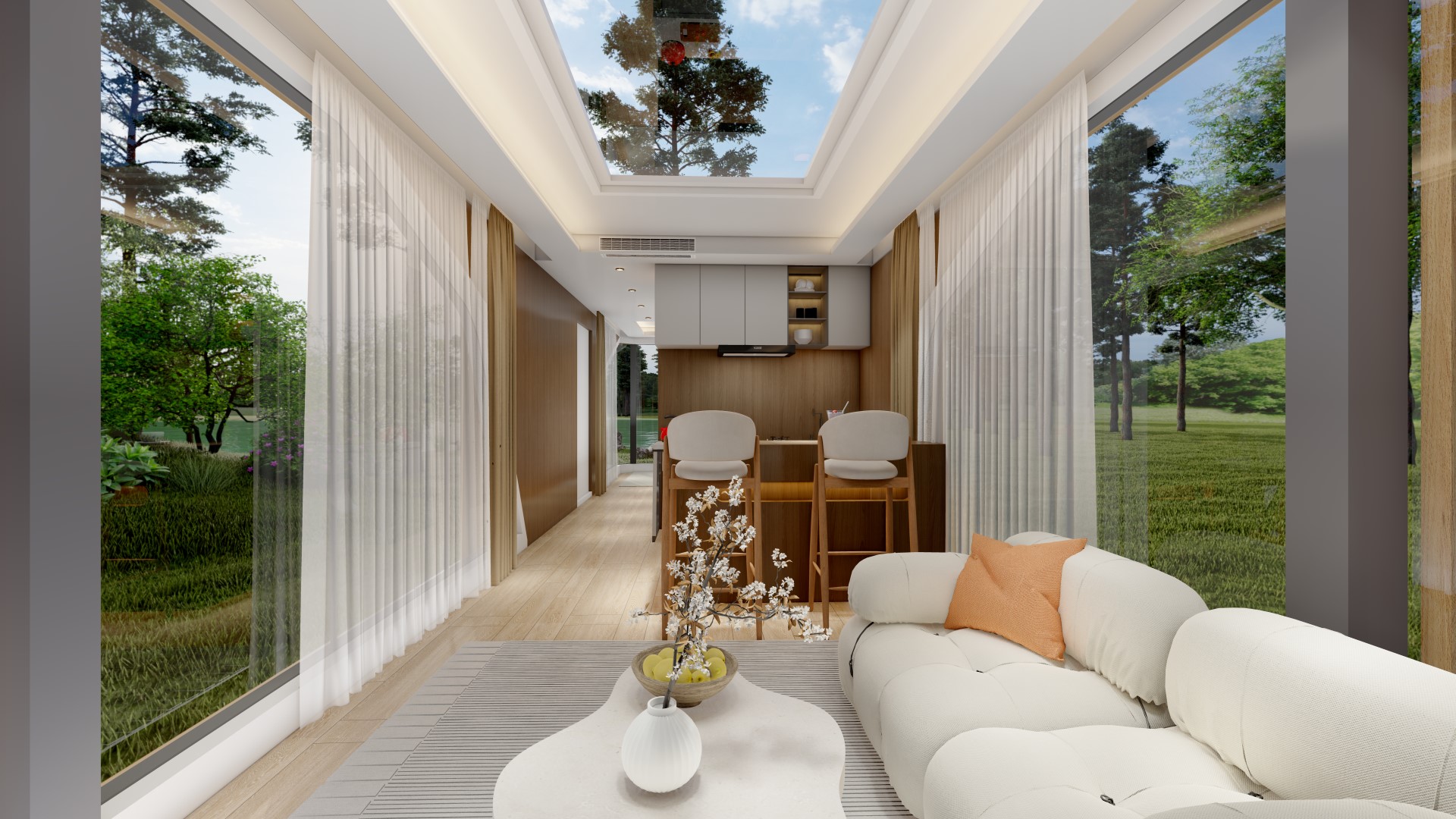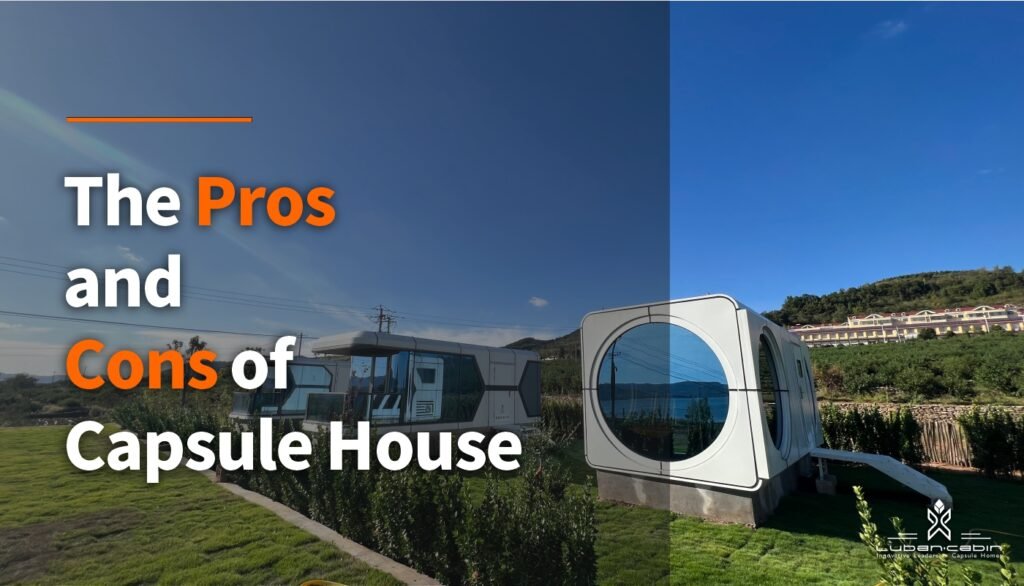Why Modular Residences Are the Future of Lasting Living
Modular homes are progressively recognized as a crucial option for sustainable living, using a mix of efficiency, cost-effectiveness, and environmental benefits. Their building in controlled atmospheres significantly decreases waste and enhances accuracy, while the potential for including advanced energy-efficient systems positions them as a forward-thinking alternative in real estate. The adaptability of modular designs permits for the combination of sustainable technologies and products tailored to private requirements. As we browse the obstacles of urbanization and ecological sustainability, one should take into consideration just how these homes might redefine our strategy to living areas.
Environmental Benefits of Modular Residences
The environmental benefits of modular homes stand for a substantial action towards sustainable living. These homes are constructed in regulated manufacturing facility settings, which considerably lowers waste generated during the building procedure. By maximizing materials and minimizing excess, modular building contributes to a much more efficient use sources compared to conventional structure techniques.
Furthermore, modular homes are often developed with power performance in mind. Lots of incorporate advanced insulation strategies, energy-efficient home windows, and sustainable materials, contributing to reduced power consumption. This can result in decreased greenhouse gas exhausts over the life expectancy of the home, improving its overall ecological profile.
The capability to transportation and assemble modular elements on-site likewise lowers the carbon impact connected with building logistics. Additionally, numerous modular homes are built to be adaptable and quickly upgradeable, enabling property owners to execute sustainable innovations, such as photovoltaic panels and energy-efficient heating unit, over time.
Eventually, the environmental benefits of modular homes not just advertise lasting living yet likewise urge a more responsible approach to real estate advancement, aligning with worldwide efforts to deal with environment change and protect natural deposits for future generations.
Cost-Effectiveness and Cost
Structure a home typically represents one of the biggest financial investments people make in their life time, and modular homes provide a compelling remedy for those looking for cost-effectiveness and cost. One of the main benefits of modular homes is their lower construction prices compared to conventional site-built homes. The streamlined manufacturing process permits considerable financial savings on labor and products, which converts to lower rates for customers.
Additionally, modular homes typically have much shorter building and construction timelines. This not only minimizes expenses connected to funding and insurance however likewise alleviates the threats related to inflation and changing market problems. Numerous buyers find that modular homes can be customized to fit their budgets without giving up high quality or style.
Moreover, power efficiency is usually constructed into the design of modular homes, resulting in decreased energy bills with time. Numerous producers focus on sustainable materials and techniques, better improving the long-lasting financial practicality of these homes. In general, the mix of first expense financial savings, fast building and construction, and continuous energy performance makes modular homes an eye-catching alternative for those seeking to buy sustainable living without damaging the financial institution.
Efficiency in Building And Construction
Modular homes not only provide monetary advantages however additionally master construction effectiveness. The modular building process entails the synchronised construction of modules in a manufacturing facility setup while site prep work occurs concurrently. This parallel technique dramatically reduces the overall timeline from conception to completion, commonly reducing building and construction time by up to half contrasted to typical approaches.
In addition, factory-controlled settings improve quality assurance. By making use of accuracy production strategies, modular homes are constructed to exact requirements, decreasing waste and errors. This uniformity not just leads to a higher quality product but additionally adds to lasting techniques by reducing product waste throughout building.
Additionally, the usage of modern-day innovation and automation in the production procedure permits quicker setting up and minimized labor prices. When the modules are transferred to the site, they can be successfully constructed, additionally speeding up the timeline. This streamlined process is not only beneficial for contractors yet likewise visit our website decreases disturbances to the surrounding atmosphere throughout building and construction.
Personalization and Layout Flexibility
An excellent variety of customization choices identifies modular homes, allowing house owners to customize their space to meet particular requirements and choices. This layout versatility is a characteristic of modular construction, making it possible for clients to select every little thing from floor plans and room formats to coatings and fixtures. Unlike typical homes, modular layouts help with a joint method where builders and designers work closely with house owners, guaranteeing that each element lines up with private way of lives and visual desires.
In addition, modular homes can be easily reconfigured or broadened, fitting altering family members dynamics or evolving individual tastes. This versatility not only improves the home's functionality however additionally adds to long-term sustainability, as house owners can modify their spaces instead than seek brand-new housing solutions.

Future Trends in Sustainable Housing
Arising patterns in sustainable housing are improving the landscape of domestic building, stressing eco-friendly techniques and innovative technologies. One significant fad is the integration of smart home technology, which enhances power effectiveness with automated systems that enhance and check energy usage. This not only minimizes utility prices yet additionally contributes to a lower carbon impact.
Furthermore, using lasting materials is ending up being progressively typical. Contractors are selecting reused, locally sourced, or quickly eco-friendly products, which reduce ecological effect and support local economies. Modular homes are acquiring appeal for their lowered waste during building and their adaptability to various surfaces and environments.
One more pattern is the unification of green roofing systems and living wall surfaces, which improve air high quality and provide all-natural insulation. These features also promote biodiversity in city locations.
Verdict
In conclusion, modular homes emerge as an essential option for sustainable living, supplying considerable ecological advantages through decreased waste and power efficiency. As useful site trends in sustainable real estate advance, modular homes are positioned to play a crucial duty in promoting environmentally friendly living practices for future generations.
Building a home frequently stands for one of the largest monetary investments people make in their lifetime, and modular homes use an engaging solution for those looking for cost-effectiveness and price. One of the primary advantages of modular homes is their lower building costs contrasted to traditional site-built homes. Generally, the mix of first price savings, quick building and construction, and ongoing power efficiency makes modular homes an that site eye-catching option for those looking to spend in sustainable living without damaging the bank.
Ultimately, the personalization and design flexibility supplied by modular homes guarantee that they are not simply structures, yet customized sanctuaries that show the unique identities of their residents while advertising sustainable living methods.
